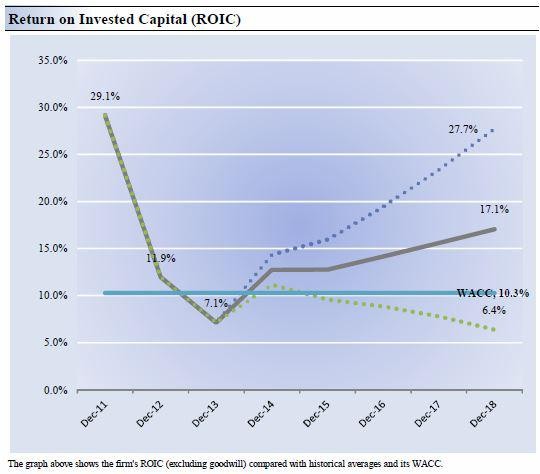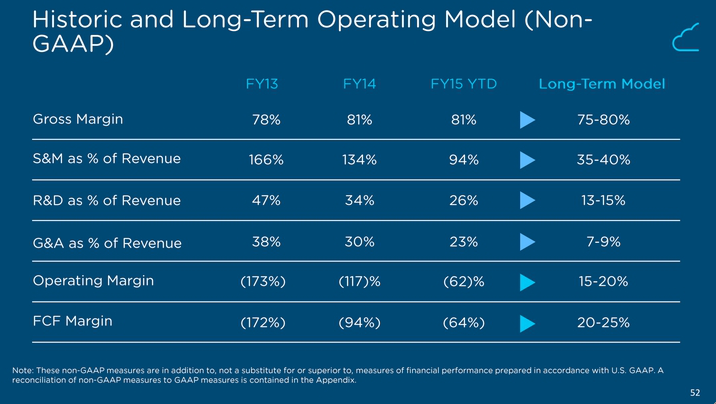Cash Flow Which Helps Investors in the Long Run
Post on: 25 Июнь, 2015 No Comment

As I’ve been searching for topics to write about, in terms of finance and real estate investment are concerned, I keep running across the different ongoing conversations regarding equity and cash flow. Specifically, which one is better and why? I thought this would be a good topic to analyze from a financial perspective, especially in terms of residential investment property.
Let me present to you a story that I often use for comparisons regarding owner occupied purchases and how to handle refinances for rate/term improvements or cash out refinances down the line. I use the story to help clients compare small vs. big down payments, making the scheduled payment on your property or paying more, getting a long term mortgage (like 30 years) or a shorter term mortgage (15 years), and the reasons why you should consider these different options every time you get financing for property.
(Note: I’ve tailored this situation for an investment property using a duplex rather than a single family house.)
The Scenario: 2 Cousins
OK, so let’s set the stage here for our analysis. In this scenario, we have two cousins who are going to buy a duplex. The price of each duplex is $250,000. Each duplex is exactly the same, consisting of two 2 bedroom/1 bathroom units. Each cousin will live in one unit and rent out the other unit to a prospective tenant. Each cousin is employed in a salaried job and makes $75,000 per year in income. Each cousin has $50,000 in savings. Let’s also assume that each of the cousins was able to negotiate zero out of pocket closing costs (for the sake of this analysis).
Cousin A
Cousin A is a highly motivated individual and wants to pay off the property as soon as possible. Cousin A only knows one way to use financing, and that’s the way that his parents taught him how to do it: Put down as much money as possible and finance as little as possible. Cousin A is going to put down 20% because that’s what his parents did when they bought their home, and he’s going to get a 15-year fixed, which will allow him to pay off the property in just 15 years.
Then, on top of that, any cash flow that is achieved by renting out the second unit should be put toward the monthly mortgage payment, and Cousin A might even be able to pay it off faster than 15 years. Cousin A wants to build as much equity as possible and as fast as possible, while at the same time paying down the mortgage as fast as possible. The duplex is kept up, and it appreciates at 3% per year.

Cousin B
Cousin B is also a highly motivated individual, but he grew up on the other side of the country. His parents didn’t teach him much about finance, so he had to study it on his own. He’s come to the conclusion that he’s going to do exactly the opposite of what Cousin A is going to do. He’s going to take as long as possible to pay off the mortgage, and that means getting a 30 year amortization on his mortgage loan.
He’s going to put as little down on the property as possible, and in this case, it’s only 3.5% with an FHA loan. He’s going to save the difference in monthly mortgage payments ($302) and put that in his savings. Just as in Cousin A’s duplex, Cousin B’s duplex is kept up, and it appreciates at 3% per year.
The Initial Numbers
Here’s what each cousin’s scenario looks like today when they are purchasing the identical duplexes.














